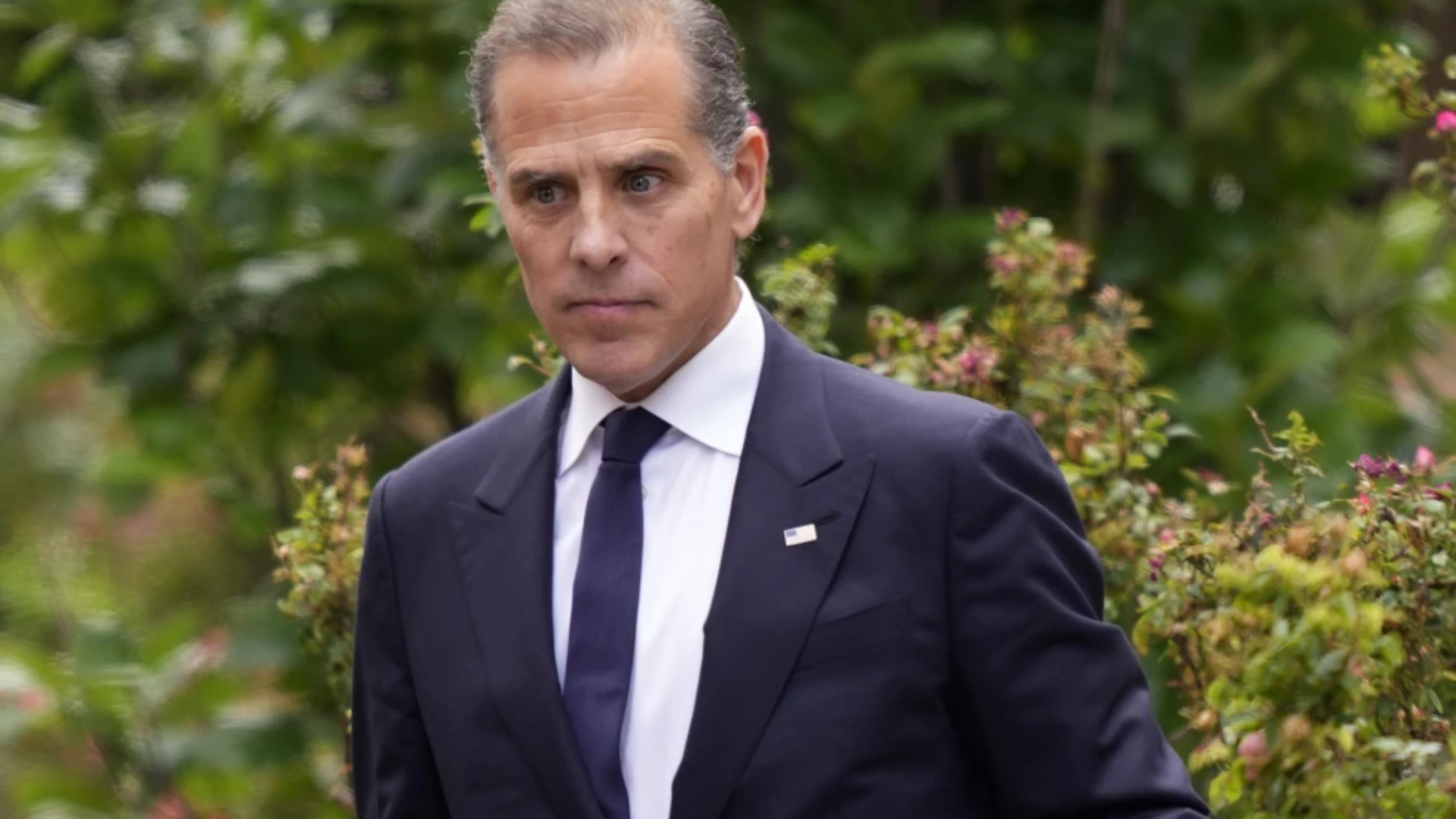By Chris Murphy
WASHINGTON — (CNN) Maria Sharapova’s tennis career will resume sooner than expected.
The five-time grand slam champion has had her two-year drugs ban reduced to 15 months by the Court of Arbitration for Sport (CAS) meaning she will be back in time for the French Open in May 2017.
Sharapova tested positive for banned substance meldonium at the Australian Open in January and was subsequently banned for two years by the International Tennis Federation (ITF).
But CAS has shaved nine months off that original verdict, meaning Sharapova is eligible to compete again on April 25.
“The Panel found that Ms Sharapova committed an anti-doping rule violation and that while it was with “no significant fault”, she bore some degree of fault, for which a sanction of fifteen months is appropriate,” said a statement on CAS’s official website.
“The Panel wishes to point out that the case it heard, and the award it has rendered, was only about the degree of fault that can be imputed to the player for her failure to make sure that the substance contained in a product that she had been taking over a long period remained in compliance with the anti-doping rules.”
Tennis world stunned
The sport was plunged into shock when Sharapova announced at a Los Angeles press conference in March she had failed a drugs test. A provisional ban was announced by the ITF shortly after.
Sharapova said she was first prescribed meldonium, also known as mildronate, in 2006 for heart issues and was unaware it had been added to the banned substance list by the World Anti-Doping Agency (WADA) as of January 1.
She acknowledged taking it before each match she played at the Australian Open as she was knocked out of the tournament at the quarterfinal stage by her nemesis Serena Williams.
Handing down the two-year ban, an independent panel appointed by the ITF ruled Sharapova hadn’t used meldonium as a vehicle for cheating but stated the former world number one was “the sole author of her misfortune.”
But Sharapova insisted: “The ITF tribunal unanimously concluded that what I did was not intentional. The tribunal found that I did not seek treatment from my doctor for the purpose of obtaining a performance enhancing substance.
“The ITF spent tremendous amounts of time and resources trying to prove I intentionally violated the anti-doping rules and the tribunal concluded I did not.”
The two-year ban is in line with non-specified substances such as meldonium for first-time offenders who aren’t deemed to have intentionally cheated. The ITF had sought a four-year punishment.
Immediate appeal
Sharapova, who was this year unseated as the world’s richest female athlete by Serena Williams after 11 years at the top, announced instantly she would be appealing to CAS.
The former world No. 1 claimed she had been taking meldonium since 2006 for heart issues, a magnesium deficiency and because her family has a history of diabetes.
Meldonium was added to the prohibited list “because of evidence of its use by athletes with the intention of enhancing performance,” WADA said on its website.
Potential benefits include boosting endurance and aiding the recovery process. Sharapova took meldonium before matches but never declared it on doping control forms, including at the Australian Open this year. She tested positive five times formeldonium in 2015.
Sharapova said she simply failed to read an email that stated meldonium would be added to the banned list on January 1 this year. In evidence heard during the tribunal it was stated her IMG agent Max Eisenbud also failed to check.
Eisenbud was the sole member of her current entourage who knew she was taking the drug — not her coach Sven Groeneveld, physiotherapist or nutritionist — the panel heard.
Missed Olympics
Sharapova, who has continued to promote her candy company Sugarpova since being suspended, had hoped to fast track proceedings at CAS in a bid to make the Rio Olympics.
With the ITF she had agreed to an ”expedited procedure” which was due to see CAS’s verdict delivered in July. But CAS moved that back to September to give both parties more time.
In the wake of the revelations racket provider Head stood by her, but other sponsors distanced themselves, including watch maker Tag Heuer. Despite the ruling, Nike backed Sharapova.
If she hadn’t managed to reduce the sanction, Sharapova’s ban would have ended on January 25, 2018.
The-CNN-Wire ™ & © 2016 Cable News Network, Inc., a Time Warner Company. All rights reserved. (Photo: Valentina Alemanno/ Wikimedia)






















